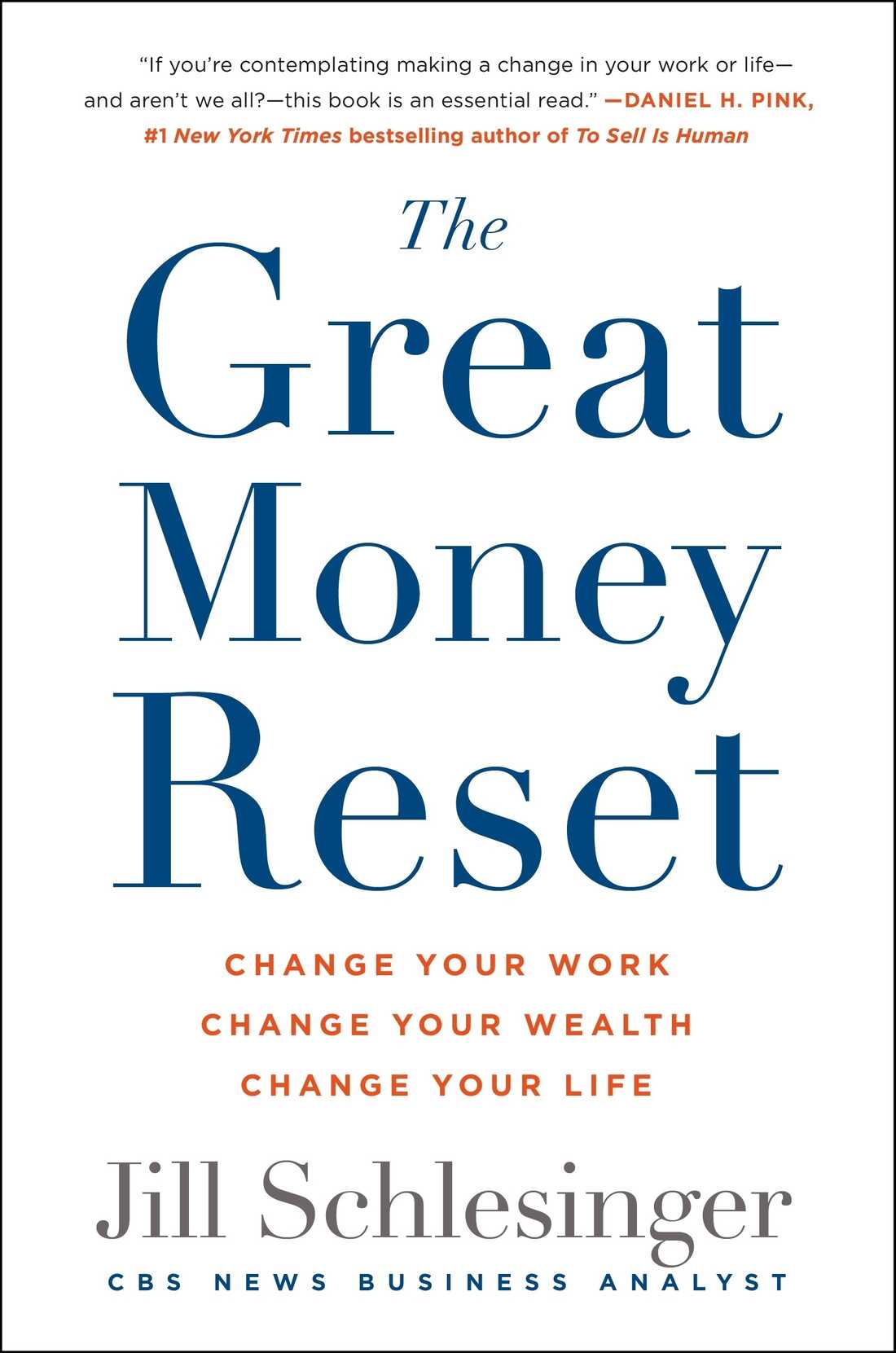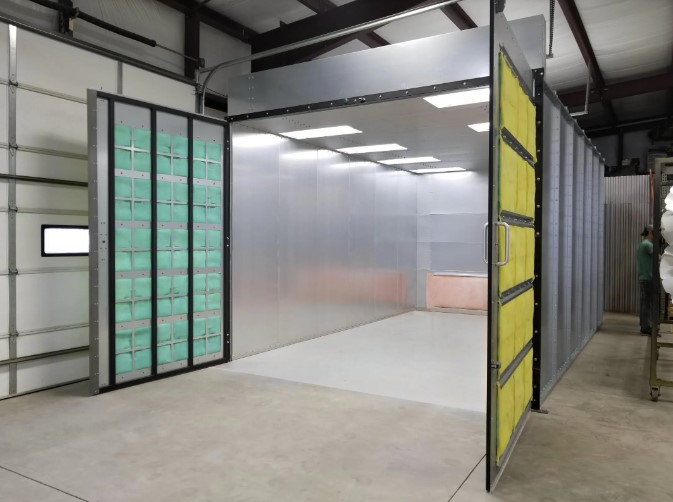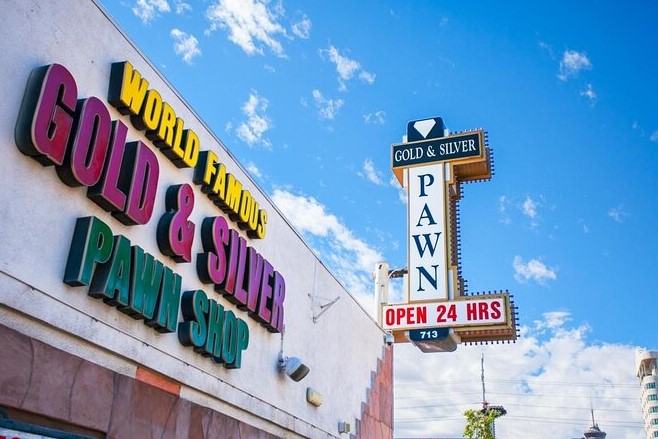How the pandemic changed the rules of personal finance : Planet Money : NPR


In the very last 50 percent of final calendar year, we listened to a whole lot of converse (and we at NPR did a lot of conversing) about the Fantastic Resignation, aka the Massive Give up. This was a craze that begun proper all-around the beginning of the COVID-19 pandemic, and observed — anecdotally, at least — huge quantities of folks leaving their work opportunities voluntarily. There was some controversy about the Huge Stop, not the minimum mainly because some reporting on the craze made it seem as however a lot of of these staff experienced made a decision to leave the labor drive eternally.
But the hard knowledge — notably listed here in the U.S. — suggests that in actuality the labor power participation fee, which plunged at the starting of 2020, recovered very speedily. That integrated employees shut to retirement age. Which suggests that people today weren’t really quitting get the job done entirely, but ended up, fairly, just switching positions — in many instances leaving careers that paid properly but expected very long hrs, and locating careers that most likely compensated a lot less but gave them additional command more than their life. In other words and phrases, it was less the Fantastic Resignation and a lot more the Terrific Reshuffle.
That’s unquestionably the conclusion that Jill Schlesinger reached. Schlesinger is a accredited monetary planner and a organization analyst at CBS News. She’s also the writer of a new e book, The Excellent Funds Reset, which attracts on her practical experience talking with callers to her particular finance podcast, Jill on Money. Many of these callers had been looking at their have Big Quit, but they were not sure whether they could do it, or how to go about it.

Schlesinger says thoughts about switching employment with a see to attaining better operate-lifetime harmony usually are not unheard of in the individual finance earth, but they became a large amount additional frequent through the pandemic. She describes herself as inundated. And she suggests that is the initially in a quantity of massive modifications that she thinks will influence the individual finance environment likely ahead.
“Amid the pandemic, persons who called my present were being looking for far more command in excess of their time and get the job done disorders,” she suggests. “With the benefit of time and the quiet of the pandemic, many concluded that they want to operate fewer or differently, appreciate far more adaptability in their positions, work at a significantly less stressful task, or shift to a new job. They really don’t necessarily would like to forgo the comforts of lifestyle, but they are prepared to make at the very least some fiscal sacrifices in buy to do it.”
It is not only about the quantities
Financial sacrifice! That is not a phrase you listen to much in the private finance earth. Which is due to the fact, for the most part, personal finance specialists and planners are centered on increasing belongings, with an eye on a very long-time period time horizon: retirement. In that globe, the principle of monetary sacrifice would not seriously fit. Schlesinger thinks the pandemic has transformed that due to the fact traders have been built acutely mindful that they might not make it to retirement, and it is a excellent notion to feel about how to take pleasure in some of that money now. To variable that into the monetary preparing system, Schlesinger suggests, advisors are likely to have to get to know their purchasers better.
“What is challenging for a whole lot of money planners is they you should not like to get into the psychological stuff,” Schlesinger states. The best — and most costly — planners do, of program: they see their consumers as complex human beings, who have various demands and messy life. Most of the financial companies sector, even so, is geared in the direction of dealing with persons as widgets that are predicted to have a specified everyday living span, punctuated by a unique retirement point. You will find not a great deal home for the human issue there. Schlesinger says fantastic financial planners were by now turning in opposition to that method just before the pandemic hit.
“They know that you cannot just hand a shopper a checklist and say, please populate the property, liabilities, income expenditures,” Schlesinger says. “You actually have to find out about who they are. And I think that the pandemic has accelerated that craze.”
The reserve fund is the most vital detail
Schlesinger claims that in advance of the pandemic, she would give men and women some rather standard tips about their revenue. She would start off by telling them about the three mainstays of personalized finance.
“I would say to folks, you’re just commencing out. This is what you have to do: You need an crisis reserve fund, you require to pay back off your credit card debt, and you need to test to place money into retirement. And I would generally give these items equal excess weight.”
Men and women saw the knowledge of having to pay off personal debt and preserving for retirement, of study course. The crisis reserve fund? That was a more difficult sell.
“People today would yell at me and say, ‘How can you notify people to continue to keep 6 to 12 months of their residing costs in an account which is having to pay no fascination?’ Mainly because try to remember all through the pandemic and early days, it seriously was {3df20c542cc6b6b63f1c547f8fb389a9f235bb0504150b9df2ff264aa9a6c16c} desire,” she says. But the pandemic underlined the significance of owning some variety of dollars cushion. “The people today I spoke to who experienced crisis reserves, experienced funds that they could tap into, went by the pandemic in a quite distinct way than people today who ended up relying on stimulus checks and prolonged unemployment added benefits.”
Now, she suggests, she nevertheless touts the three mainstays, but today the crisis fund gets considerably much more awareness. And not just from her. “I assume put up pandemic, additional folks fully grasp that acquiring an crisis reserve fund — owning access to dollars that you can depend on — has become selection 1, two, and three.”
Every person needs to chat about estate planning now
For most money planners, the toughest section of conversations is conversing about the conclude activity. People today are satisfied to explore retirement all day very long. Right after all, they’re anticipating a fantastic time, when they can travel, or see loved ones, and do all the factors they’ve place off executing for forty decades. But chatting about what happens to their revenue and their belongings when they die? No one particular at any time wanted to speak about that just before the pandemic.
They do now.
“I no lengthier have to combat with individuals about acquiring estate organizing,” Schlesinger suggests. “It really is been a fascinating shift.”
Schlesinger states COVID-19 set finish-of-lifestyle things to consider on to the entrance burner for a ton of people. She listened to an specially agonizing story from a person caller, who informed her about a blowup above a family business. “A person died and there was a little small business concerned and there was no instruction. Like, ‘what are we performing with this company? Effectively, father would’ve preferred us to maintain it, but mom really wants the funds.'”
A relatives struggle erupted since the mother or father who died remaining no recommendations. Presumably not what the mum or dad experienced wished to go away as their legacy. And absolutely not what the grieving relations needed to go by means of.
“Most people understands somebody who has a terrible estate tale,” Schlesinger suggests. The upside is that those people people paid interest to people tales. Now they want to explore estate organizing. But all those are hard conversations that force individuals to make tricky options, and the challenge now, Schlesinger states, is actually finding her clients to set these ideas in position.
The triggers have adjusted
It wasn’t unheard of for individuals to make significant modifications in their lives ahead of the pandemic, of study course, but Schlesinger claims it wasn’t specifically widespread. Most persons experienced a occupation and predictable trajectory to retirement that they did their very best to stick to. There have been ordinarily only a handful of life functions that could shift people from that trajectory. Divorce and death have been the huge ones, she states, but the pandemic introduced a good deal far more triggers to the fore: Mental well being adverse operate situations isolation.
“You might be dwelling this really bare, stripped down lifestyle, and you’re with your feelings, and you happen to be hearing about terrible issues and it’s definitely frightening,” she states, noting that in that context, instantly a great deal of the selections we designed in purchase to get to a faraway financial aim didn’t feel to make perception. “And maybe which is the second you say, ‘why do I live a thousand miles absent from my moms and dads? Why have I preferred to get the job done so difficult that actually I’m not guaranteed I seriously like my job but I know I actually love my kids, and I never actually think I want to get the job done this way any more.'”
The significant barrier to creating modify — even when it looks the apparent choice — is concern. But the way Schlesinger sees it, the pandemic pressured improve on a big range of folks. And they experienced to experience all those fears.
“I just was so overcome by the amount of individuals who had been fearful. But who, as soon as that panic began to dissipate, truly noticed option amid all this chaos. And I am not chatting about market opportunity, I’m talking about life option. What is it that I really think I wanna do?”
She says personal finance specialists and monetary planners are likely to will need to come to phrases with the point that, in a weird way, the pandemic created people today come to feel they required to consider regulate in excess of their life in a additional energetic way, and to advocate for their a lot more fast requirements and wishes. Now it is alright to seem at your profession plans and your economic plans for retirement and all the relaxation of it and say … What about me? Where does my in-the-instant joy fit into this?
Schlesinger has designed large, bold shifts in her personal everyday living in the earlier: she gave up a rewarding economical scheduling profession to become a author, journalist, and podcaster — so she appreciates what is at stake. But it was the experience of a good friend of hers, Maureen, that really introduced property to her the value of understanding what the serious motivations are for generating variations in your lifestyle. And how to react to them.
“Maureen was identified with a pretty deadly cancer and she experienced a four thirty day period horrible ailment and died on November 30th,” Schlesinger suggests. “Anyone has a momentous celebration that shakes up your life. All people does. And you experience the pressure. You experience feelings I think even in myself as I went through that occasion with her, my own ability to recognize how the choices we make issue, was amplified. And what I can tell you is that when you have the means to plan in advance and use that to open up up pathways for yourself, it can be definitely effective.”
Lighten up a small
Wild investing strategies have been about for as long as marketplaces have existed, but the pandemic coincided with some of the craziest, which includes the meme inventory explosion and the crypto craze. Schlesinger thinks this experienced significantly to do with people becoming locked down, without having much to do, while there was a great deal of dollars sloshing about the technique.
“When I say a good deal of cash sloshing around the technique, keep in mind that we had trillions of dollars of extra cost savings that crafted up. Mostly that came from the higher, highest net worthy of people, but a ton of men and women were awareness workers performing at house who bought stimulus checks and experienced a lot of time to futz all-around and experienced a handful of bucks in their accounts.”
She claims the communities that fueled this variety of investing were not new, but they exploded during the pandemic, and they will most likely diminish as soon as COVID and its variants recede. But they won’t go away. And that’s ok. It truly is even ok to invest some time on your choice of subreddit and surf the occasional meme inventory or crypto asset wave. So lengthy as you do it responsibly.
“I’m not constitutionally against people today having flyers,” Schlesinger suggests. “I necessarily mean, have fun, but you should not have enjoyable and hazard the farm. Have pleasurable and say, ‘All appropriate, I place 5{3df20c542cc6b6b63f1c547f8fb389a9f235bb0504150b9df2ff264aa9a6c16c} of my full investments in some ridiculous stuff. Which is pleasurable.'”
In other words, individual finance doesn’t have to be all asset allocation, earnings optimization, estate planning and taxes. It can be fun far too — if you opt for. That is a new rule that everyone can get down with.
Jill Schlesinger’s new e-book is The Terrific Cash Reset. It is really out now.




:quality(70)/cloudfront-eu-central-1.images.arcpublishing.com/irishtimes/SL4ZJEXTC5DIXNN4OZFLJTU4UE.jpg)

